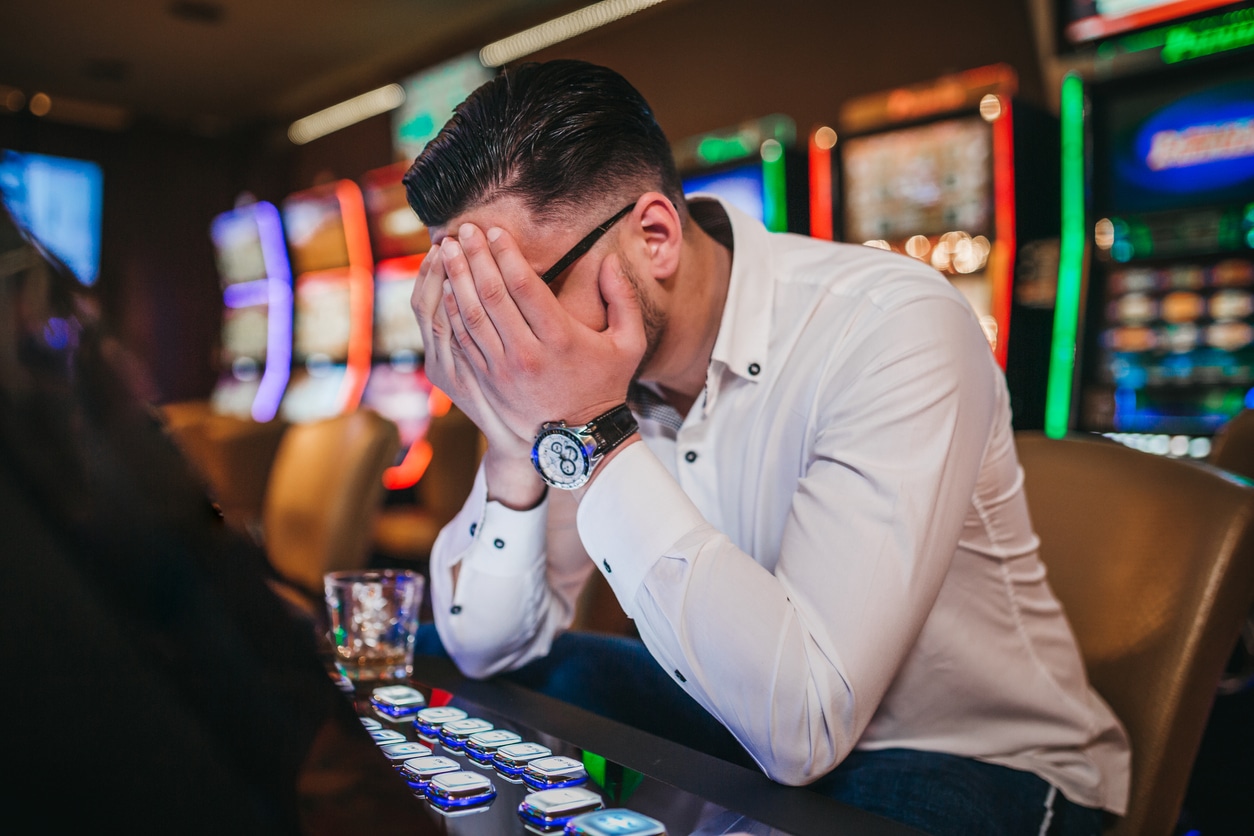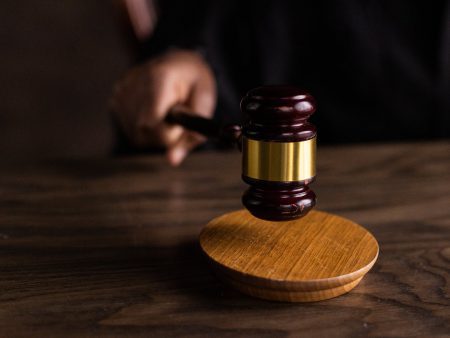A gambling addiction, also known as pathological gambling or compulsive gambling, is a behavioral disorder characterized by the inability to control or stop gambling despite negative consequences. It is recognized as a form of addiction similar to substance abuse disorders.
Addicon symptoms
Here are some symptoms and signs that may indicate a gambling addiction:
- Preoccupation with Gambling: Constantly thinking about gambling, planning the next gambling session, or reliving past gambling experiences.
- Loss of Control: Being unable to set limits on gambling behavior or stop gambling even when intending to do so. Feeling restless or irritable when attempting to cut down or quit.
- Increased Bets: Needing to gamble with larger amounts of money or placing more frequent bets to experience the same level of excitement or satisfaction.
- Chasing Losses: Trying to recover losses by continuing to gamble, leading to a cycle of increasing losses and desperation.
- Concealing Gambling: Attempting to hide or lie about the extent of gambling activities from family, friends, or loved ones.
- Financial Problems: Experiencing financial difficulties due to gambling, such as borrowing money, selling possessions, or resorting to illegal activities to finance gambling.
- Emotional Distress: Feeling anxious, restless, or irritable when not gambling. Gambling may be used as a way to escape from problems or relieve stress.
- Neglecting Responsibilities: Neglecting work, school, family, or personal responsibilities due to gambling activities.
- Relationship Strain: Experiencing conflicts or strained relationships with family and friends due to gambling, leading to a breakdown in trust and support.
- Borrowing or Stealing: Resorting to borrowing money from others, taking out loans, or even stealing to finance gambling habits.
When to get help
It is important to note that a diagnosis of gambling addiction requires a professional assessment by a mental health professional or addiction specialist. If you or someone you know is experiencing these symptoms, seeking help from a healthcare professional or one of the support services mentioned earlier is recommended.

Young man loosing his money on slot machines
Who to turn to
For individuals in the UK facing gambling addiction or seeking support for themselves or someone they know, there are several resources available:
- National Gambling Helpline: The National Gambling Helpline is a free and confidential service that provides support and advice for individuals affected by gambling problems. It is operated by GamCare, a leading provider of information, support, and treatment for gambling-related issues in the UK. The helpline can be reached 24/7 at 0808 8020 133.
- GamCare: GamCare offers a range of services to support individuals struggling with gambling addiction. They provide confidential counseling, treatment, and advice through their helpline, live chat, and forums. GamCare also offers face-to-face counseling sessions and a self-help toolkit available on their website.
- BeGambleAware: BeGambleAware is an independent charity that aims to promote responsible gambling and provide support for individuals affected by problem gambling. Their website offers information, resources, and a directory of treatment providers across the UK. They can be reached at 0808 8020 133.
- Gamblers Anonymous (GA): Gamblers Anonymous is a fellowship of individuals who have experienced gambling addiction and support one another in their recovery. GA holds regular meetings across the UK where individuals can share their experiences, receive support, and work through the 12-step recovery program. Information about local meetings can be found on the Gamblers Anonymous website.
- NHS Gambling Addiction Services: The National Health Service (NHS) in the UK provides specialized gambling addiction services through their National Problem Gambling Clinic. Referrals to these services are typically made through a GP or other healthcare professionals.
It’s important to note that seeking help and support for gambling addiction is a positive step towards recovery. These resources provide confidential and non-judgmental assistance to individuals and their families dealing with gambling-related issues.



